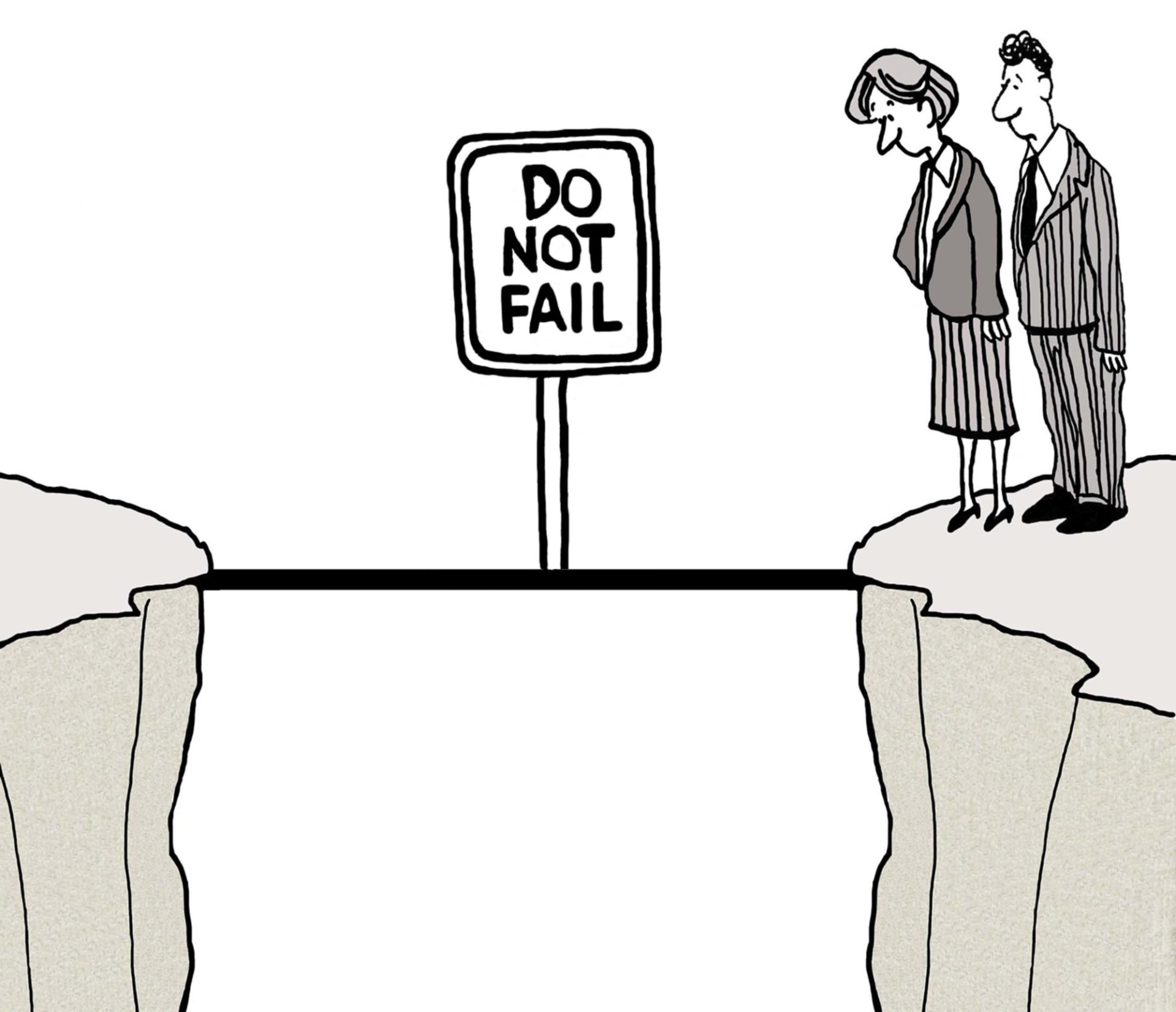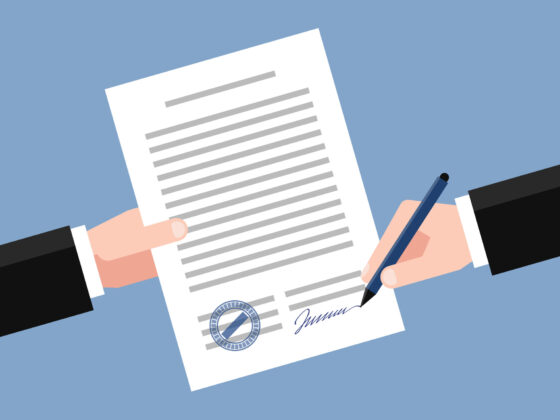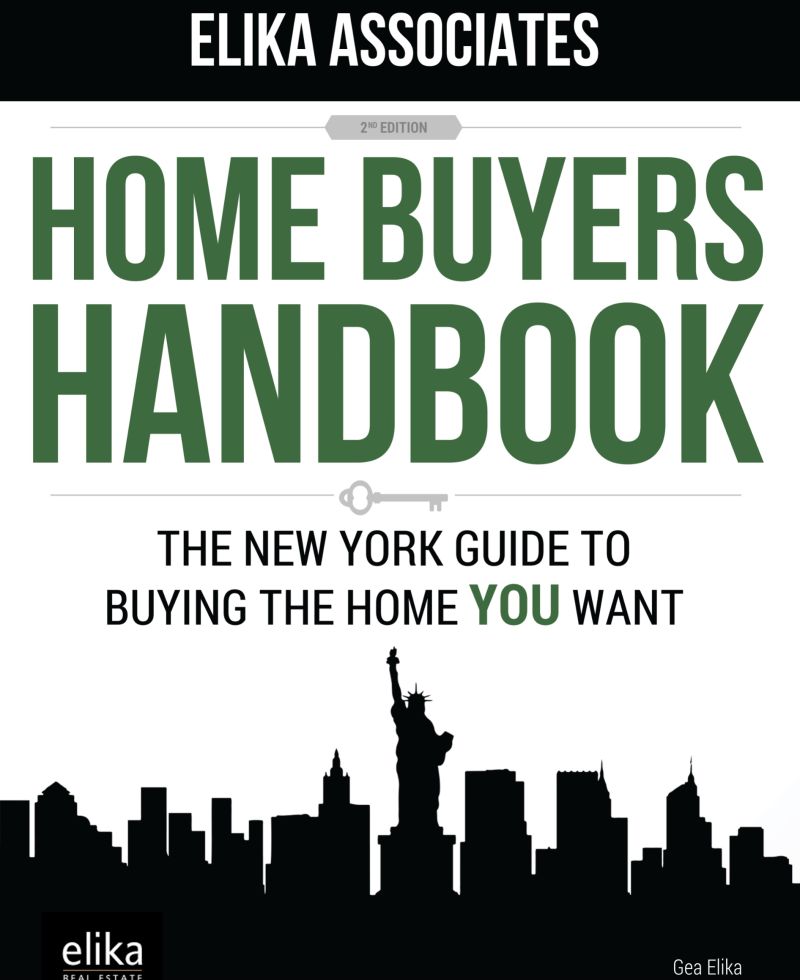Table of Contents Show
So after many months, the end is almost in sight. You’ve gone through the viewing and negotiations. The mortgage application has been approved, and you’ve put together your co-op board package painstakingly. Now one final thing stands between you and the closing day of your NYC co-op apartment. The board interview. This part causes the most anxiety. Fail a co-op board interview, and the deal could fall apart. However, despite the stress they cause to buyers, most co-op board interviews are pretty casual. The board has probably already approved your board package and wants to meet you as a formality and see what you’re like in person.
There is advice on what to do during a co-op board interview, but not much on what not to do. But it’s still possible to muck it up. Apart from the obvious, like not showering for a week before the board interview or introducing them to your pet monkey, there are other less dramatic ways you can torpedo the co-op interview.
Here are four surefire ways to fail your co-op board interview.
Asking too many or the wrong questionsAsking too many or the wrong questions
We’re usually told that it’s better to ask and know than not to ask and never know. Well, not in this case. When the interview ends, you’ll be invited to ask any questions of your own. However, if you’ve chosen a buyer’s agent worth their salt, they’ll have advised you not to accept this invite. The reason is that asking questions can naturally raise sensitive subjects like renovations or subletting.
Many co-op board members take their job seriously and may not take it kindly if you ask questions like, “when can I close?” or “Can I move in on the weekend?” Such questions make you look like you’re taking it for granted that you are already approved. Asking questions can also make you come across as arrogant or entitled. Some co-ops allow subletting and renovations to a degree. But it’s a bad idea to ask about them in the interview.
Revealing too much informationRevealing too much information
Like asking too many questions, revealing too much information is just as bad. The board interview is the final part of the approval process, so there is no point in prolonging it needlessly. When you make it drag on for longer, you increase the chances of going into sensitive subjects or telling them more than you should. For instance, if they ask whether you have family in NYC, answer no if you don’t. But if you say that you have three nephews from out of town that will stay every weekend, you could make them worried that you’ll be a noisy neighbor.
Being evasive or dishonestBeing evasive or dishonest
Being dishonest on the board package or during the interview is one of the most surefire ways toward rejection. Even when it comes to sensitive topics like renovations, it’s better to be honest if they ask you about it. Still, there’s nothing wrong with saying something along the lines of “As we discussed earlier, the apartment hasn’t been occupied in a while, so I’m thinking of some minor ways I can make it more comfortable, but so far, I don’t have any certain plan.” Compare this with saying that you’ve already talked with a renovator who says the work will require a gut renovation of six months.
Being unfamiliar with the board applicationBeing unfamiliar with the board application
Before the interview, you should know your board package like the back of your hand. Go through the entire board application before the board interview with your buyer’s agent. Pay special attention to any confusing areas. If they mention something you genuinely can’t recall, then take this to indicate that you are dishonest or unprepared.








